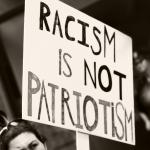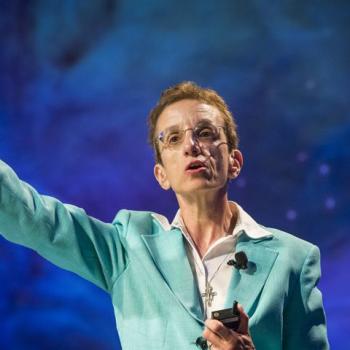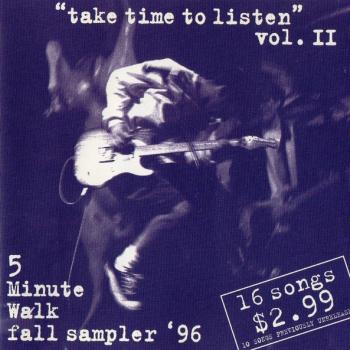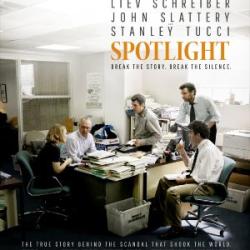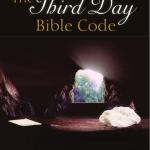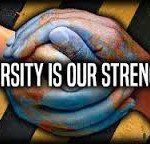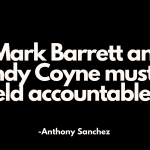
*Editor’s Note: This is a contribution from Martha Elias Downey, author of Go Wide, now available from Quoir Publishing.
When we read stories, be they biblical texts or historical accounts or fiction, we tend to identify with the characters who are portrayed in positive ways. We don’t usually think of ourselves as the villains in the narrative. The same can hold true for our personal stories. We tend to see ourselves as good people, not perfect perhaps, but certainly not malicious or evil. While this is natural, it is also somewhat problematic. Because it keeps us from telling the truth about ourselves.
My Mennonite ancestors moved from northern Germany to southwestern Russia and then to the Canadian prairies in order to escape religious and political hardship. Their decision to move to North America was influenced by The Privilegium of 1873. This was a formal invitation from Canada to the Mennonites, offering them farmland, military exemption (because of their pacifist stance), and the right to private religious education. Since the latter two privileges were under threat in Russia, the choice seemed clear.
When my ancestors landed in Canada, they were given plots of land for their exclusive settlement. Because the open prairies were not that attractive to the existing European settlers (who preferred to be near wood and water), the Mennonites became the first to build villages and farm the land in southern Manitoba. To my knowledge, my ancestors did not directly displace any indigenous peoples (Treaty One was signed in 1871 in what is now Winnipeg), but they participated in colonizing and Europeanizing the area. We came with our religion, our traditions, our food, our language, and our tight-knit communities. We imposed ourselves on the land. There was little attempt at adapting to any other culture or way of being. We formed our own Mennonite communities and gave them German names.
When I was growing up, I heard the stories about how our ancestors made something out of very little. We were proud (in the best, humble way) of how our communities grew and prospered over the years and how we managed to keep our religion and language and customs mostly intact and untainted by the outside world.
In recent years, new immigrants have been moving into the predominantly Mennonite communities in southern Manitoba. To my surprise, local people (old and young) are grumbling about the foreigners’ presence. I’m not sure if the newcomers are perceived as an actual threat to the stability of the community or if it is just another iteration of the xenophobia I learned growing up. The fear of outsiders (and change) seems par for the course when one lives in a relatively closed, monolithic community. Whatever the case, this grumbling about the invasion of outsiders seems somewhat hypocritical to me. Is the generous welcome our ancestors received in Canada already too far back in the rear-view mirror? I have always thought of my family story in terms of escaping the “bad guys.” But could we also be the “bad guys?”
More and more, I am realizing that my family history is complicated. I have ancestral memory of being persecuted, of fleeing countries to survive, of pursuing freedom to preserve a communal way of life and live out religious convictions. And I also have ancestral memory of claiming so-called “empty” lands and building closed communities that were unwelcoming to outsiders. We defiantly resisted assimilation (The Privilegium of 1873 gave us that right), thought of ourselves as more righteous than our non-Mennonite neighbours, and discriminated against those who did not look and act like us. We also sought to impose our beliefs and cultural norms on any who lived in our communities.
In many ways, the Mennonites made southern Manitoba better by developing the farmland and building small religious communities. But I think we also made it/are making it worse. Resenting outsiders is but one of the problems. The area where I grew up is becoming known for its increasing exclusivism, anti-rationalism, anti-democratic tendencies, and support of far-right traditionalist values.
Both of my ancestral identities need healing. As those who fled a country or two out of necessity, we must be healed from the trauma of being devalued and displaced. As colonizers and settlers, we must learn to be good neighbours, welcoming strangers and living in peace alongside those whose cultures and customs differ from ours. We must also acknowledge that the land had a history (and an indigenous people) before we ever arrived on the scene. We share the space and the resources.
So how do we go about becoming good ancestors, healed from our past trauma and wrongs, able to live together in more just and peaceable ways? How do we adapt to the shifts and changes all around us without becoming defensive and exclusionary, especially in our religion and practices? I believe there is wisdom for us in the scriptures.
The biblical texts span thousands of years, tracing the journey of a people group from inception to the development of a nation to exile to slavery to freedom to rebuilding to internal conflict to oppression under an empire to reorientation. In the process, we observe that Jewish customs and rules were frequently adapted to deal with changing situations. When Jesus came on the scene, he continued the tradition of reinterpreting, reframing, and even breaking religious rules. The apostles did the same, updating old laws and traditions to accommodate the newly integrated Gentiles.
Following YHWH (and Jesus) has never been about rule-keeping or self-preservation or even conservatism but about covenant, about living well with others. And the central, guiding tenets of this covenant way of life remain the same: love God, love your neighbour as yourself. That’s it. Every belief and practice must stem from these three loves.
So instead of resenting outsiders, we learn to ask, “How can we help?”
Instead of imposing our beliefs and traditions and language onto others, we commit to learning from those whose experiences are different from ours and delight in our collective diversity.
Instead of insisting we are not the “bad guys,” we get honest with ourselves, acknowledging where we (and our people) have done harm, even if unintentionally. And we seek to make things right.
Instead of being defensive, we learn to embrace correction and welcome the opportunity to do better.
Instead of trying to preserve the past, we live into the next chapter of our story with hope and kindness, offering hospitality and kinship to all along the way.
That’s how we become the “good guys.”



